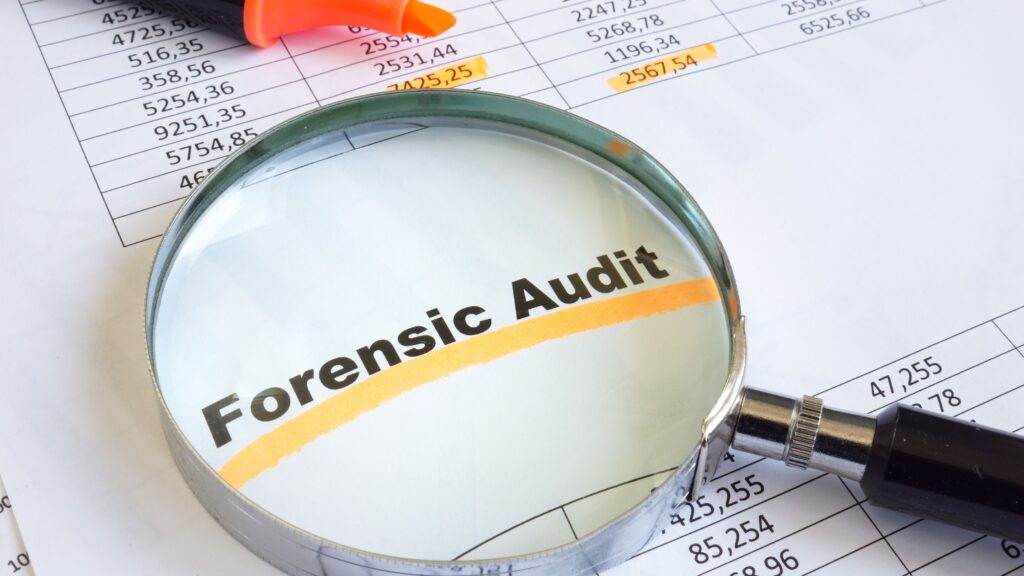
Nothing bothers me more professionally than blaming athletes for losing their money.
Athletes have one professional responsibility: hone and develop their craft. In turn, they trust others to help manage their business, just like a CEO would rely on a CFO and CO
When that system fails and something goes awry financially, Forensic Accountants like me are called in. We are financial firefighters; in professional sports, an industry I have navigated throughout my 15-year career, those fires can be particularly complicated. I typically help athletes address these issues in two ways:
1. Investigating financial issues that have already occurred
When pro athletes reach out (usually via advisors like attorneys), one of three things has happened:
- There is a financial discrepancy or a dispute with an advisor, manager, business partner, investor, agent, employee or personal connection (“External Party”).
- There is suspicion of malfeasance or financial waste by an External Party.
- An External Party has acted improperly elsewhere and there is concern about exposure.
We ingest these concerns and craft a discrete and tailored plan. Contrary to the rigid accountant stereotype, forensic accounting is part science, part art. The process and procedures on each matter are unique, designed from scratch to maximize effectiveness while minimizing cost and wasted time.
Sometimes, that means analyzing financial information like bank and credit card statements, investment summaries and tax returns (I avoid business manager financial packages because they are rarely complete or audited). It could also mean conducting interviews, quantifying damages, preparing expert reports and providing advice, often in conjunction with the athlete’s counsel. In rare cases, we may testify to our findings.
Unfortunately, frequently the core issue relates to fraud. To wit, years ago, when I chaired the Sports Forensics practice at Ernst & Young, I researched and co-authored the first known quantification of fraud loss by pro athletes. We identified ~$600 million from 2004 to 2019. And based on personal experience investigating issues that are kept confidential for publicity reasons, the real impact likely stretches into the billions.
2. Preventing financial issues from occurring
Financial firefighters don’t just extinguish flames – they prevent them as well. Prevention often means fraud due diligence on potential business opportunities, including new advisors, investments, acquisitions, partnerships, and much more. Keep in mind that sports and entertainment are an insular, relationship-based business. Without us, these decisions are usually made based on gut and trust.
I trust, but I also verify based on facts. If the investment is sound, show me why. If there are numbers, I’ll recalculate them. If there’s real estate, let’s see it. I’ll check for conflict of interest, liens, bankruptcies, negative news, and other red flags depending on the situation. Always part art, part science.
I also provide advice on mitigating risk, which, at a high level, usually focuses on the following:
- Requiring the business manager to provide detailed, monthly financial information that is regularly audited.
- Not allowing business managers to tag along on investment opportunities.
- Diversifying not just investments, but the source and management of those investments.
- Maintaining access to, and regularly checking, bank, credit card and investment accounts for sanity and comparing against business manager reports as applicable.
In short, I provide professional skepticism, to protect world-class athletes (and entertainers) from the vultures that their wealth and fame attract, allowing them to focus on what they do best.
–
Jesse Silvertown is a CPA, CA, CFF at The Ledge Company.
Get the free weekly newsletter so you can win the game.
